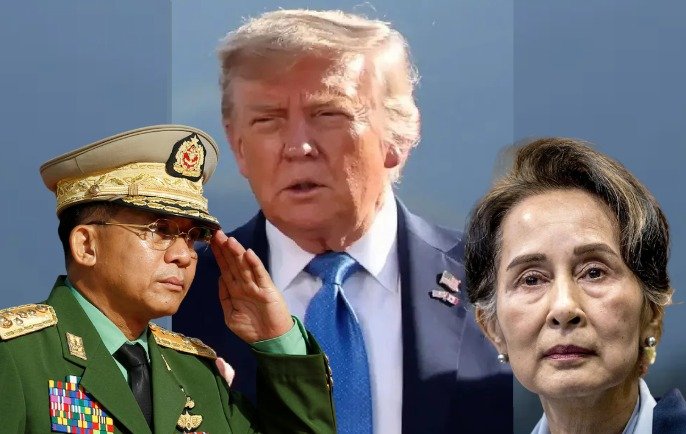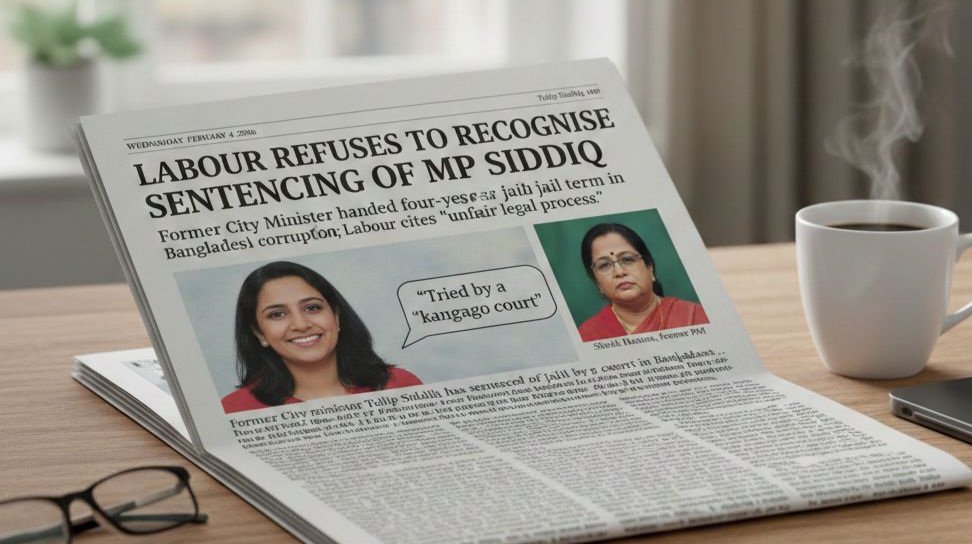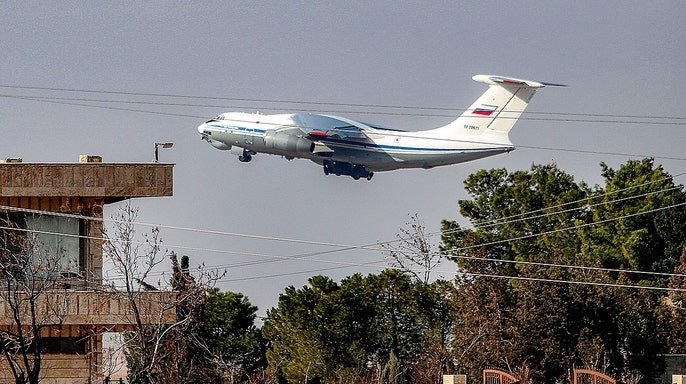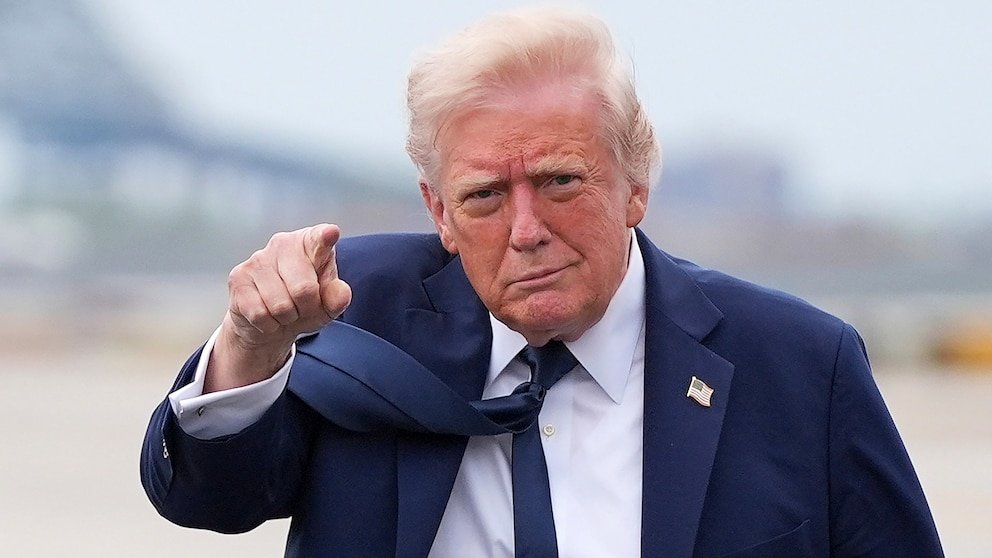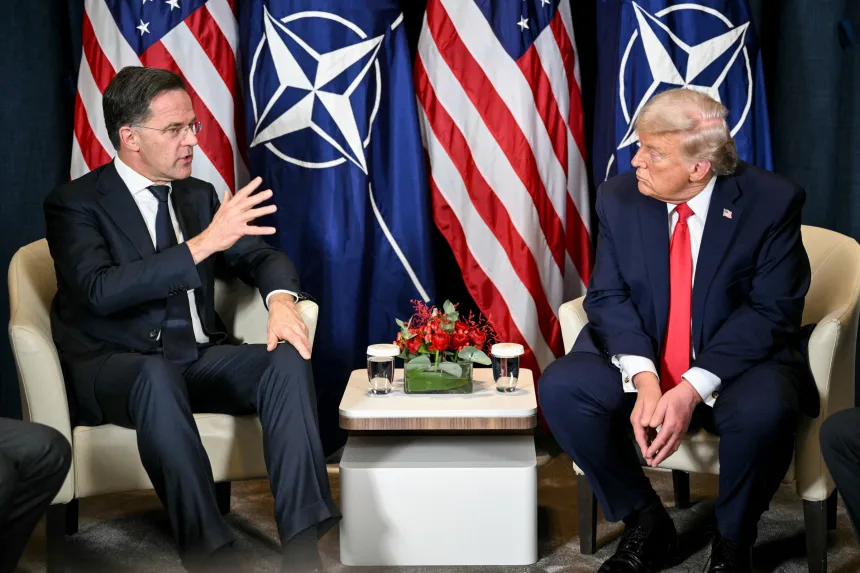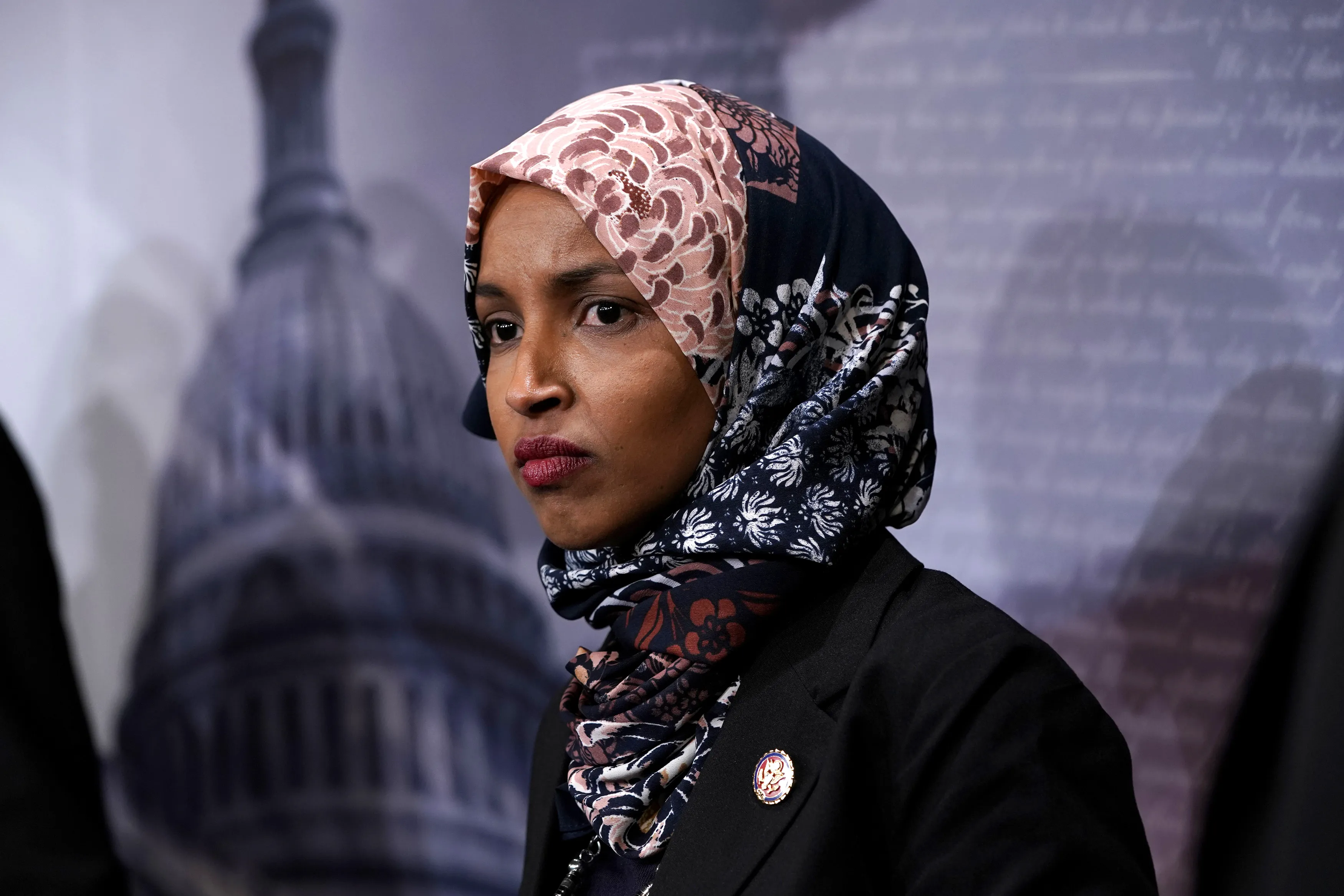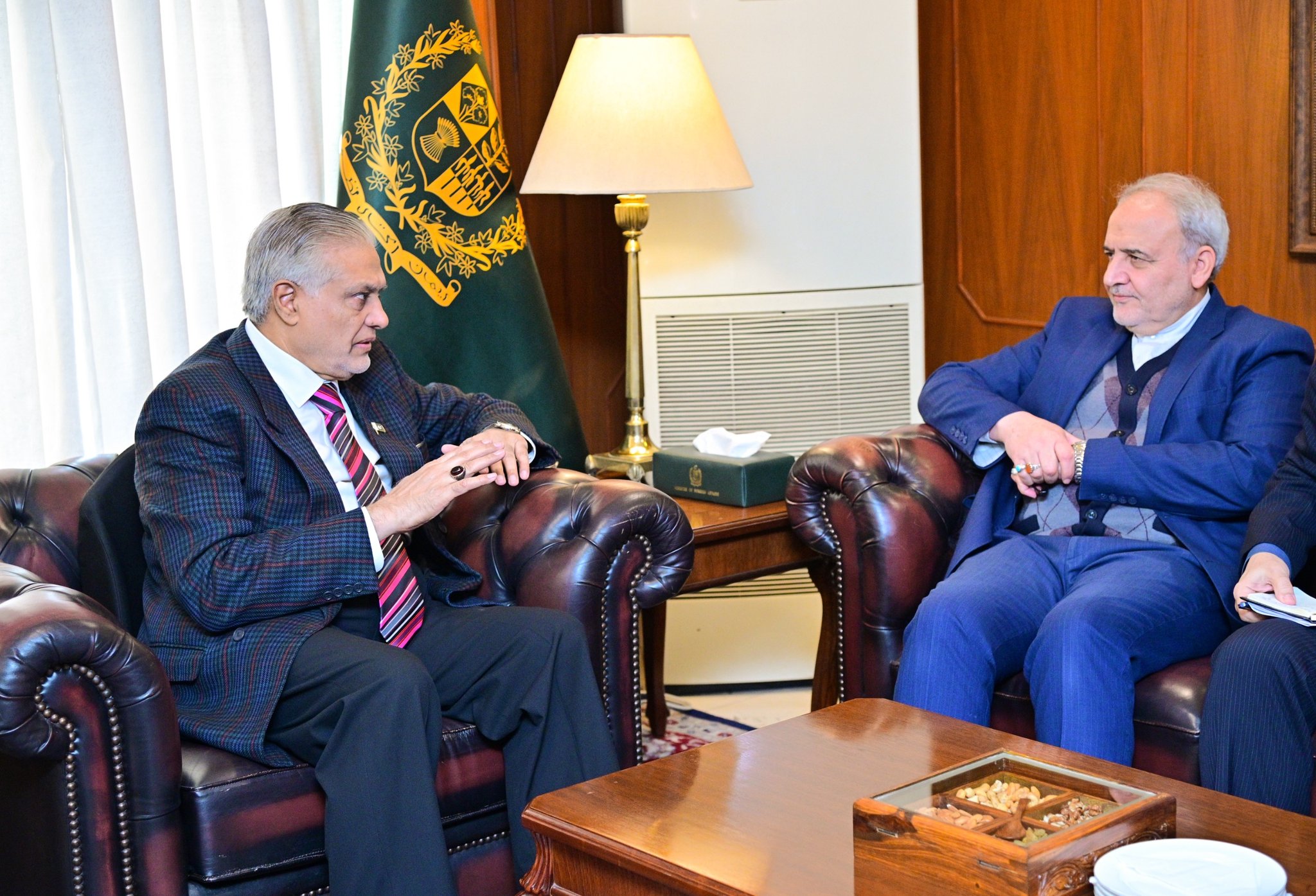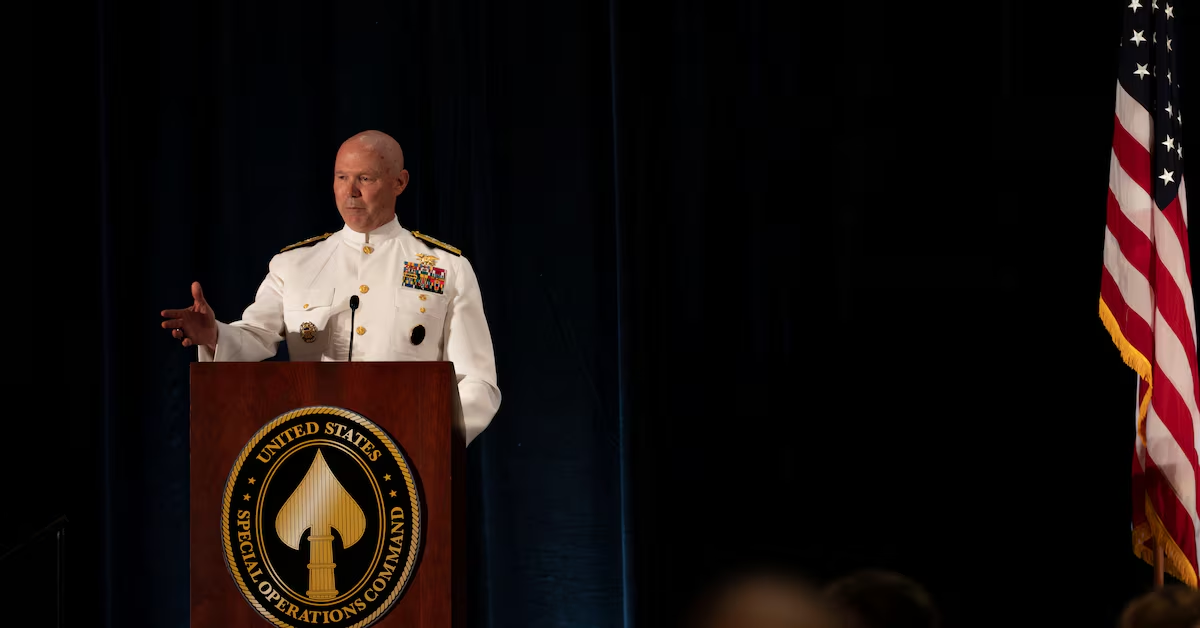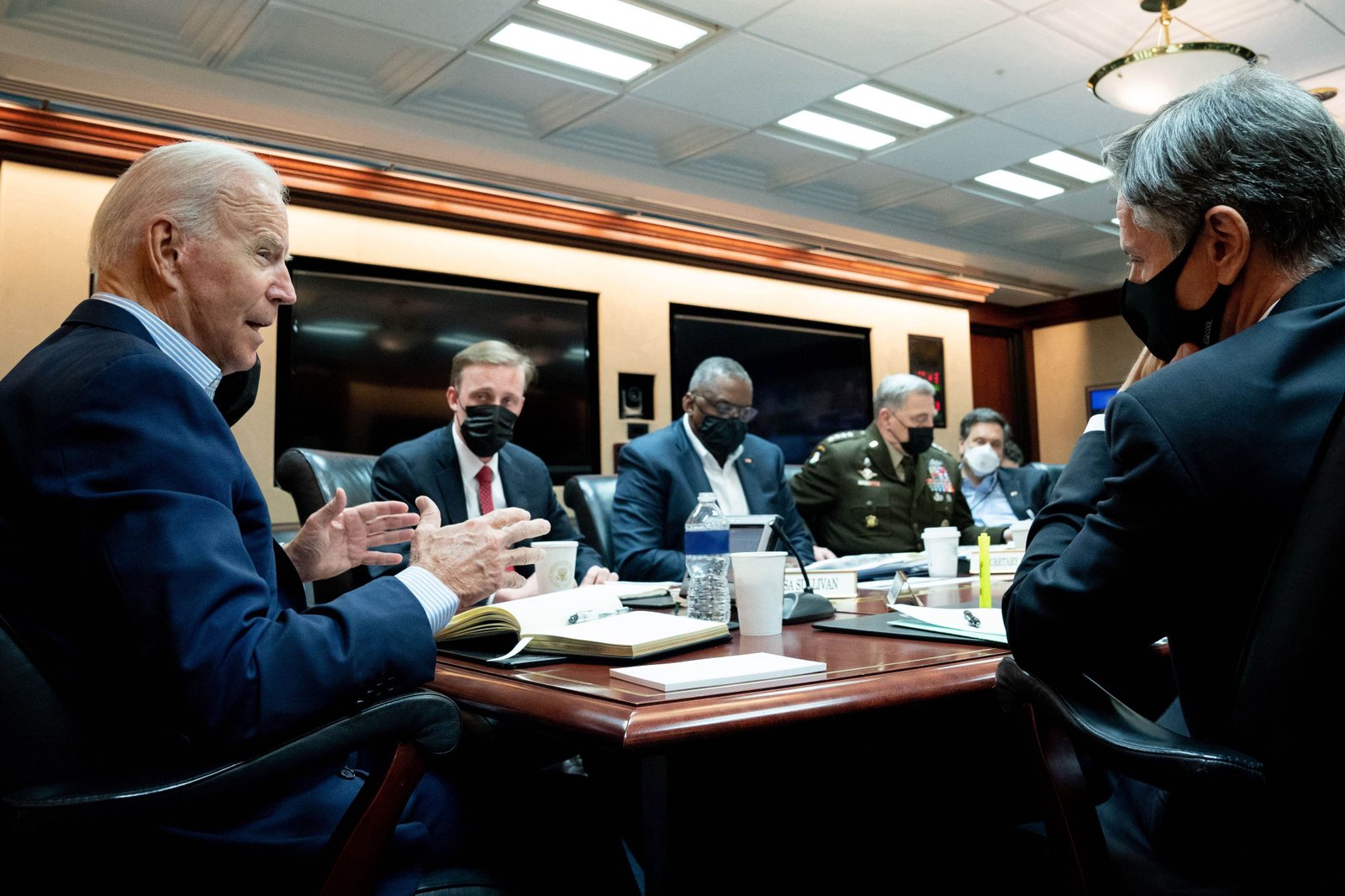Nobel Laureate Suu Kyi Remains Imprisoned While Trump Administration Lifts Sanctions on Myanmar Junta Allies—A New Geopolitical Equation
In a surprising move, the administration of U.S. President Donald Trump has lifted sanctions on several close associates of Myanmar's military junta and their affiliated companies.
Nobel Laureate Suu Kyi Remains Imprisoned While Trump Administration Lifts Sanctions on Myanmar Junta Allies—A New Geopolitical Equation
Nobel Laureate Suu Kyi Remains Imprisoned While Trump Administration Lifts Sanctions on Myanmar Junta Allies—A New Geopolitical Equation
[Washington, July 27, 2025] — In a surprising move, the administration of U.S. President Donald Trump has lifted sanctions on several close associates of Myanmar's military junta and their affiliated companies. The decision comes at a time when Myanmar’s top general and de facto ruler, Min Aung Hlaing, praised Trump as a “true patriot” and urged him to lift tariffs and sanctions.
In a private letter dated July 11, Hlaing expressed interest in establishing a bilateral trade agreement with the United States and requested a 40% reduction in import tariffs on Myanmar’s goods. He also commended Trump’s “strong leadership” and “unyielding commitment to national interest.”
A Shift from Biden’s Policy
Analysts are calling the move a direct reversal of the hardline stance taken by the Biden administration. After the 2021 military coup in Myanmar, Biden’s government imposed successive sanctions targeting the junta’s financial networks, aiming to cripple its economic power and increase global isolation.
Treasury Department Statement
When questioned about the rationale behind lifting the sanctions, U.S. Deputy Treasury Secretary Michael Faulkender stated:
“Interpreting this decision as a political conspiracy is misleading and agenda-driven. This is simply the outcome of a routine administrative review.”
He further added that politicizing the Trump administration’s role in this matter is “unwarranted and misleading.”
Geopolitical Strategy to Counter China
Sources close to the Trump administration suggest that the move is part of a broader strategy to curb China’s growing influence in Southeast Asia. The U.S. is now seeking to build stronger ties with all potential regional partners—including military regimes like Myanmar—due to its strategic location and natural resources, which are viewed as critical geopolitical assets.
Human Rights Groups Protest
Human Rights Watch (HRW) labeled the decision “deeply troubling” and warned that it signals a dangerous turn in U.S. foreign policy. According to HRW, Washington is now cozying up to a regime that ousted a democratically elected leader, Aung San Suu Kyi, and faces credible allegations of ethnic cleansing and crimes against humanity.
Suu Kyi’s Imprisonment and Health Risks
Now 80 years old, Nobel Peace Prize laureate Aung San Suu Kyi is in her fifth year of a 27-year prison sentence. International human rights organizations claim the charges against her are politically motivated and part of a strategy to permanently remove her from the political arena. Her deteriorating health has also become a matter of grave concern for the global community.


